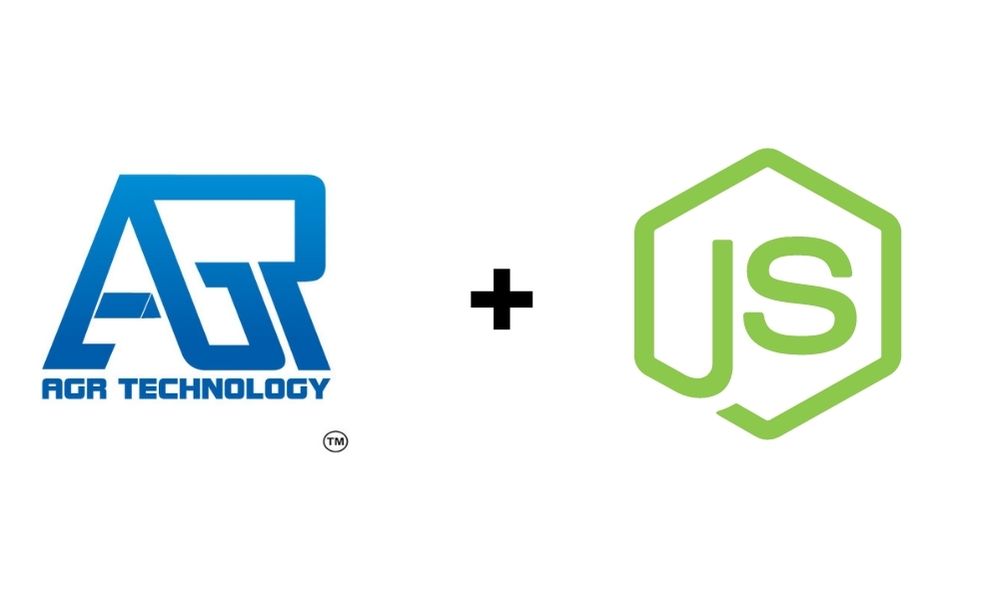How AGR Technology can help you with NodeJs

NodeJS is a fast and versatile Javascript framework that takes the best functionality of Javascript from Google’s Chrome browser and puts it on a server allowing the creation of very fast efficient web based applications. This enables Javascript (JS) development to be easily adapted and used in a large number of web apps. NodeJS is very popular amongst developers and has a very strong opensource ecosystem allowing endless possibilities for expansion and new features.
We can help you with the following:
- Develop web applications/software for your business
- Build back-end applications
- Create high performing APIs and services using Microservices
- Rebuild legacy apps into NodeJS
- Create dynamic server-side applications
- Integrate Node into a front-end application
- Migrate a node backend to our hosting infrastructure in the cloud
Our NodeJS development services

We love NodeJS and use it across AGR Technology software projects and can help you with your Node needs to build a lighting fast lean web application.
Book a call or fill in the form below to find out more!
Get in contact today!
FAQ (Frequently Asked Questions)
Which database is best for NodeJS?
Node can run alongside many types of databases such as MongoDB, MySQL and others. It supports all types of No-SQL databases and relational databases.
Is Node better suited for web apps compared to PHP?
Node is significantly faster than both PHP and Python. Python, on the other hand, is ideal for complex applications that include data analytics, whereas PHP is the preferred technology stack for many CMS platforms like blogs and eCommerce platforms.
Is Node a full-stack language?
Software frameworks are typically broken up into 2 types (front-end & back-end) both of which are responsible for the interface and features a user interacts with whilst the backend is responsible for the operations in the background.
Full stack JavaScript developers like AGR Technology can take full advantage of non-blocking code and create fully asynchronous app with the Node ecosystem. This enables applications to run multiple independent processes at the same time making them very quick and resource efficient.
Some background history about the NodeJS framework
Node.js is a back-end JavaScript runtime environment that runs on the V8 engine and executes JavaScript code outside of a web browser. It enables developers to use JavaScript to create command-line utilities and server-side scripting. The OpenJS Foundation was formed after the project merged with the JS Foundation, thanks to the Linux Foundation’s Collaborative Projects programme.
Ryan Dahl coined the term Node.js in 2009 after criticising the limitations of the most popular web server at the time. It brought together Google’s V8 JavaScript engine, an event loop, and a low-level I/O API. The initial release only supported Linux and Mac OS X; Dahl led development and maintenance, and Joyent later sponsored it. A package manager was introduced in January 2010 to make it easier for programmers to publish and share source code.
Citation(s):
“Node.js”, Wikipedia. 13-Dec.-2009. [Online]. Available: en.wikipedia.org/wiki/Node.js. [Accessed: 15-June-2022].
Other related technologies:
![logo-new-23[1] logo-new-23[1]](https://agrtech.com.au/wp-content/uploads/elementor/thumbs/logo-new-231-qad2sqbr9f0wlvza81xod18hkirbk9apc0elfhpco4.png)